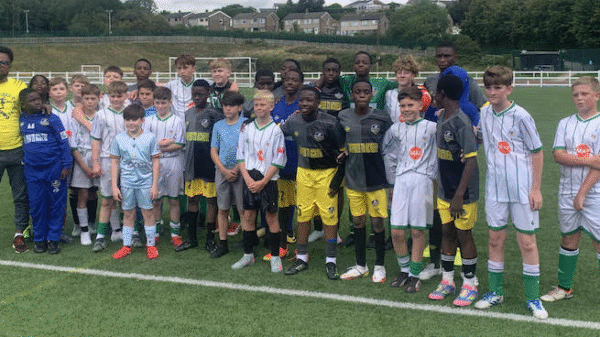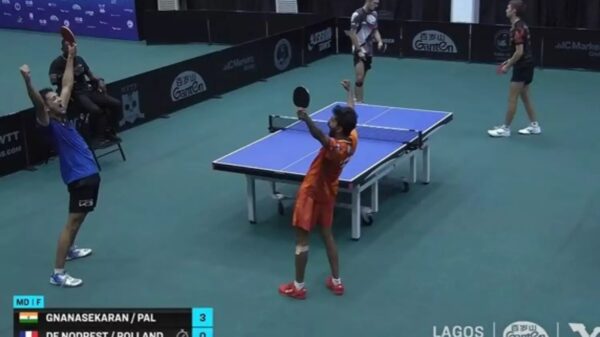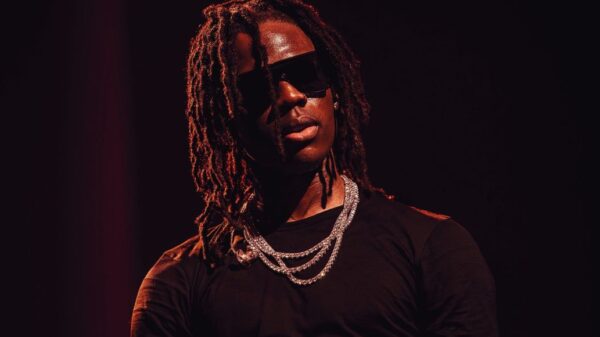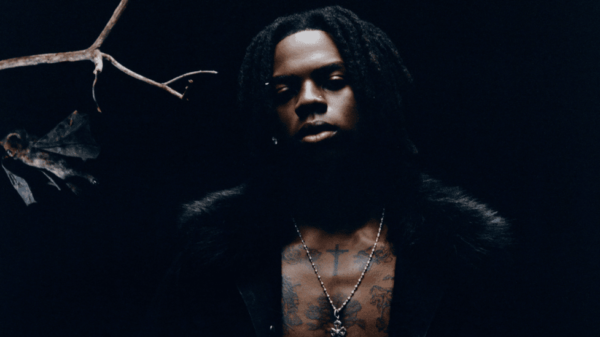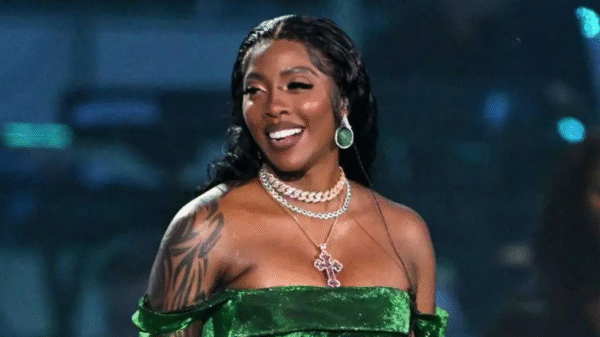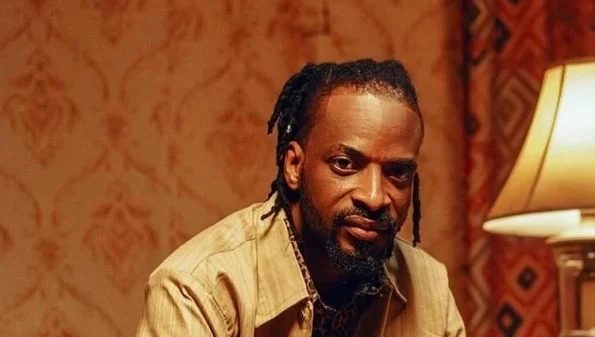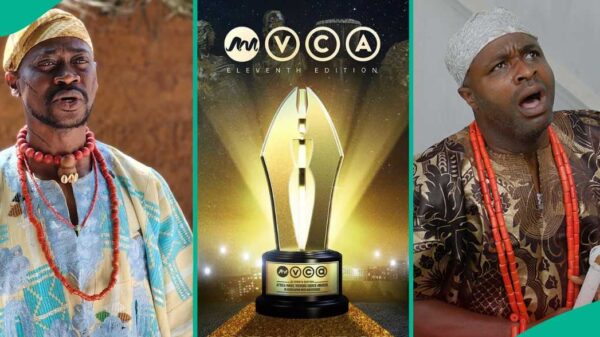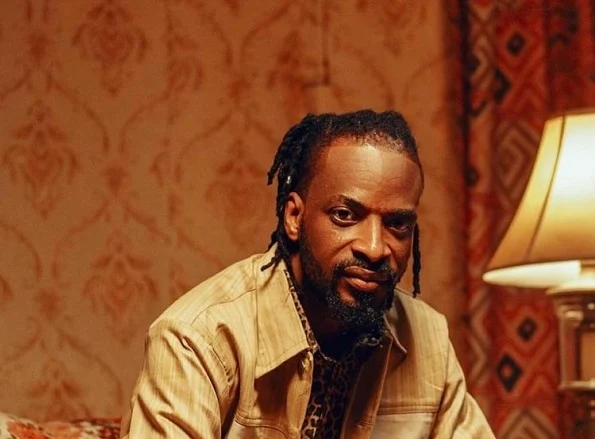Making a comeback in the music industry is one of the toughest challenges any artist can face, especially in Nigeria where the scene is fast-moving, youth-driven, and fiercely competitive. For veteran musicians, reclaiming a spot in the spotlight after years of absence is often an uphill battle filled with both creative and economic roadblocks.

In recent years, we’ve seen several veteran artists try to reignite their careers. Some, like D’banj and P-Square (now solo as Mr P and Rudeboy), have struggled to make a meaningful impact. Others, such as Runtown, Sean Tizzle, 9ice, and Omawumi, have dropped new music with minimal fanfare. Even street-hop veteran Terry G recently trended online after expressing interest in collaborating with Davido, only to be mocked by some fans for allegedly switching allegiances in the industry.
So, why is it so difficult for these once-prominent figures to return to the mainstream?
Creativity and Relevance
Music constantly evolves, and staying relevant means evolving with it. Veteran artists often find it difficult to create music that resonates with younger audiences or aligns with current trends. While trying to stay relevant, some end up sounding dated or disconnected from today’s soundscape. Balancing growth with authenticity requires not just talent, but also a deep understanding of current culture.
Lack of Funding
The modern music industry is a business, and visibility comes at a cost. From social media promotion to influencer marketing and radio placements, breaking into the mainstream requires significant financial backing. Unfortunately, many veteran artists don’t have the same resources as newer acts backed by labels or wealthy investors. Without major funding, even good music can go unnoticed.
Bias and Ageism
Beyond talent and money, veteran artists also face bias from the audience. Many listeners are quick to dismiss older stars as “past their prime,” especially in online spaces where youth culture dominates. The term “old taker,” now popular in Nigerian slang, captures this sentiment, referring to someone who once had it all but is now seen as irrelevant. In a space where younger artists are seen as the future, veteran acts often face resistance, no matter the quality of their work.
Is a Comeback Still Possible?
Despite the odds, comebacks aren’t entirely out of reach. Artists like KCEE have proven it can be done. His 2023 hit Ojapiano reignited his presence in the mainstream. Skales has also enjoyed renewed attention with his recent success on Shake Body. The key is consistency, adaptability, and staying active enough to remain in the audience’s consciousness. Time away from the scene makes the road back twice as long.
The Economic Reality for Veteran Artists
Unlike veteran acts in more developed markets, Nigerian artists who made their name before the streaming boom don’t enjoy steady income from their back catalogue. Platforms like Spotify and Apple Music are still growing in Africa, and catalogue sales, common in markets like the US, are virtually nonexistent here.
Touring, which could serve as a source of income, remains an underdeveloped part of Nigeria’s music ecosystem. In many cases, veterans rely on the occasional gig or festival appearance with no long-term structure to support them.
Sampling has emerged as a potential revenue source, especially as younger artists borrow from classics. But this alone isn’t enough to sustain a career or ensure longevity.
The Way Forward
The challenges faced by veteran artists are a reflection of the broader limitations in Nigeria’s music industry. Without infrastructure, funding, and a culture that respects legacy acts, the future of today’s stars could look very similar to what their predecessors now face.
If the ecosystem evolves with more support, better royalty structures, and healthier touring systems, then maybe artists won’t have to “come back” at all. They’ll simply evolve with their audience, maintaining relevance across generations. Until then, staging a comeback remains an uphill battle, but one that is still possible for those who dare to try.









